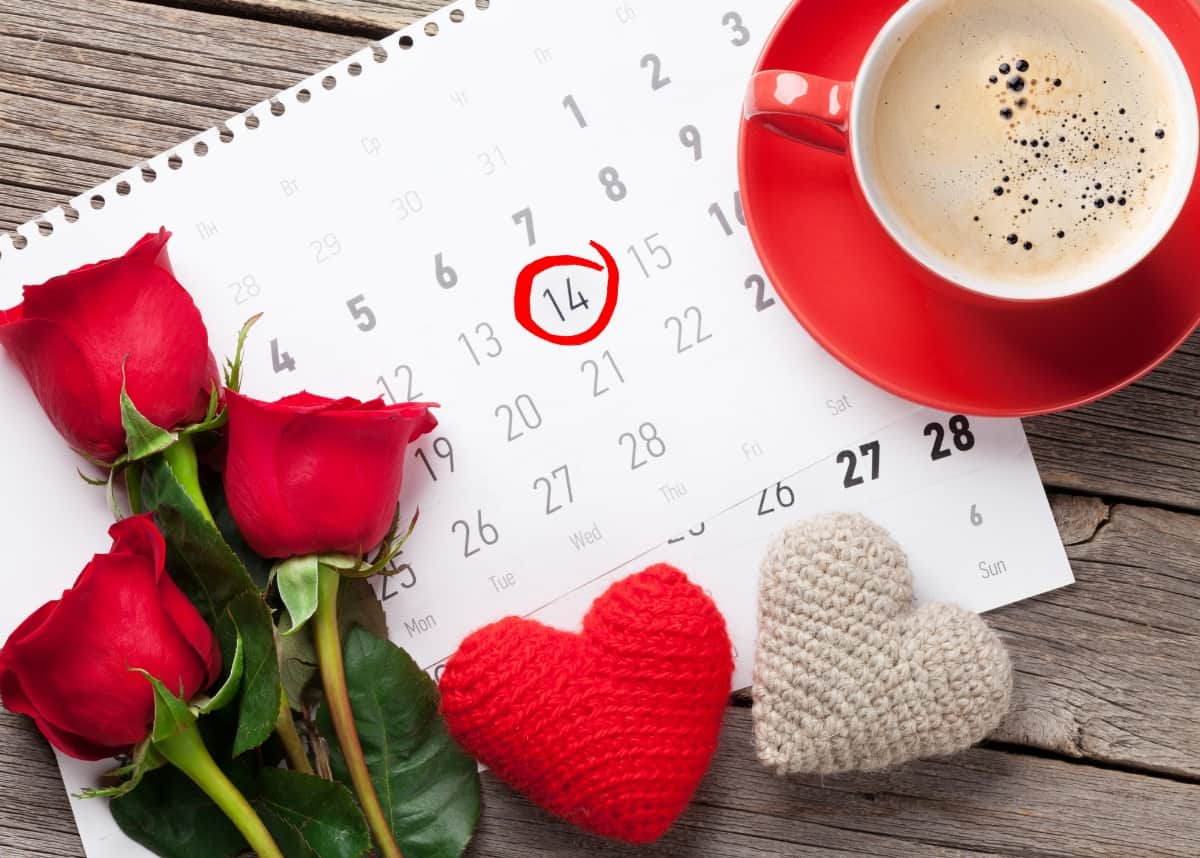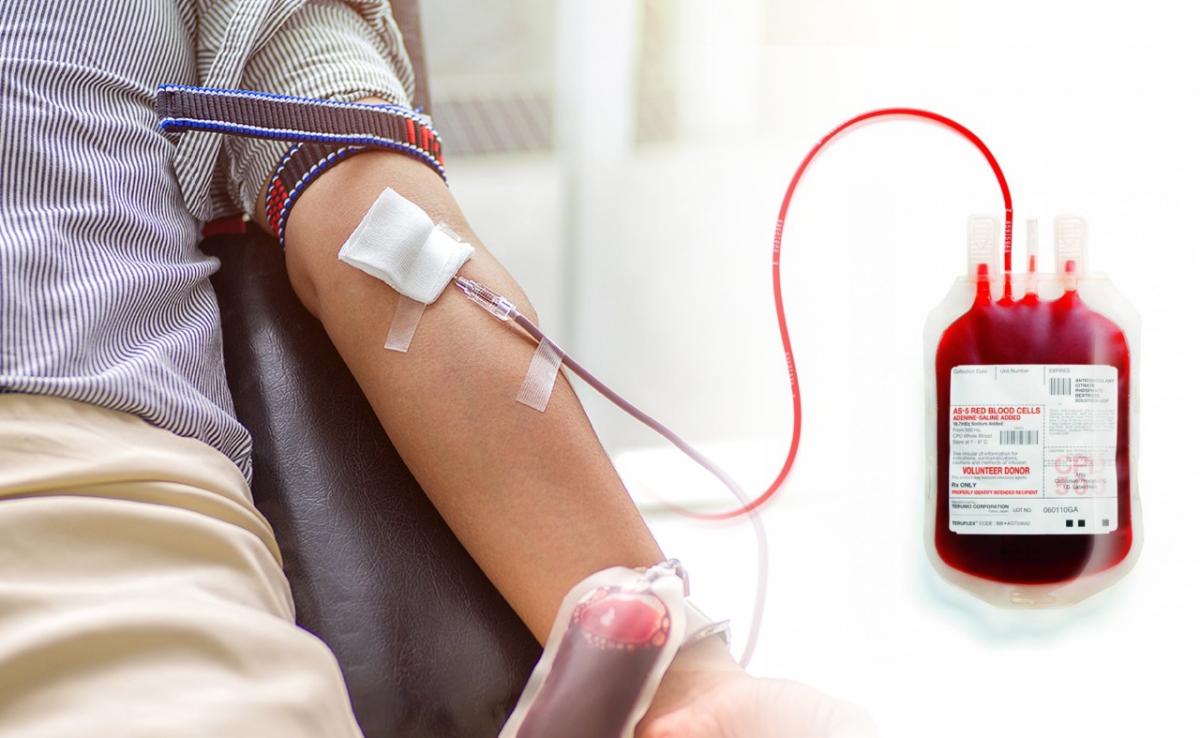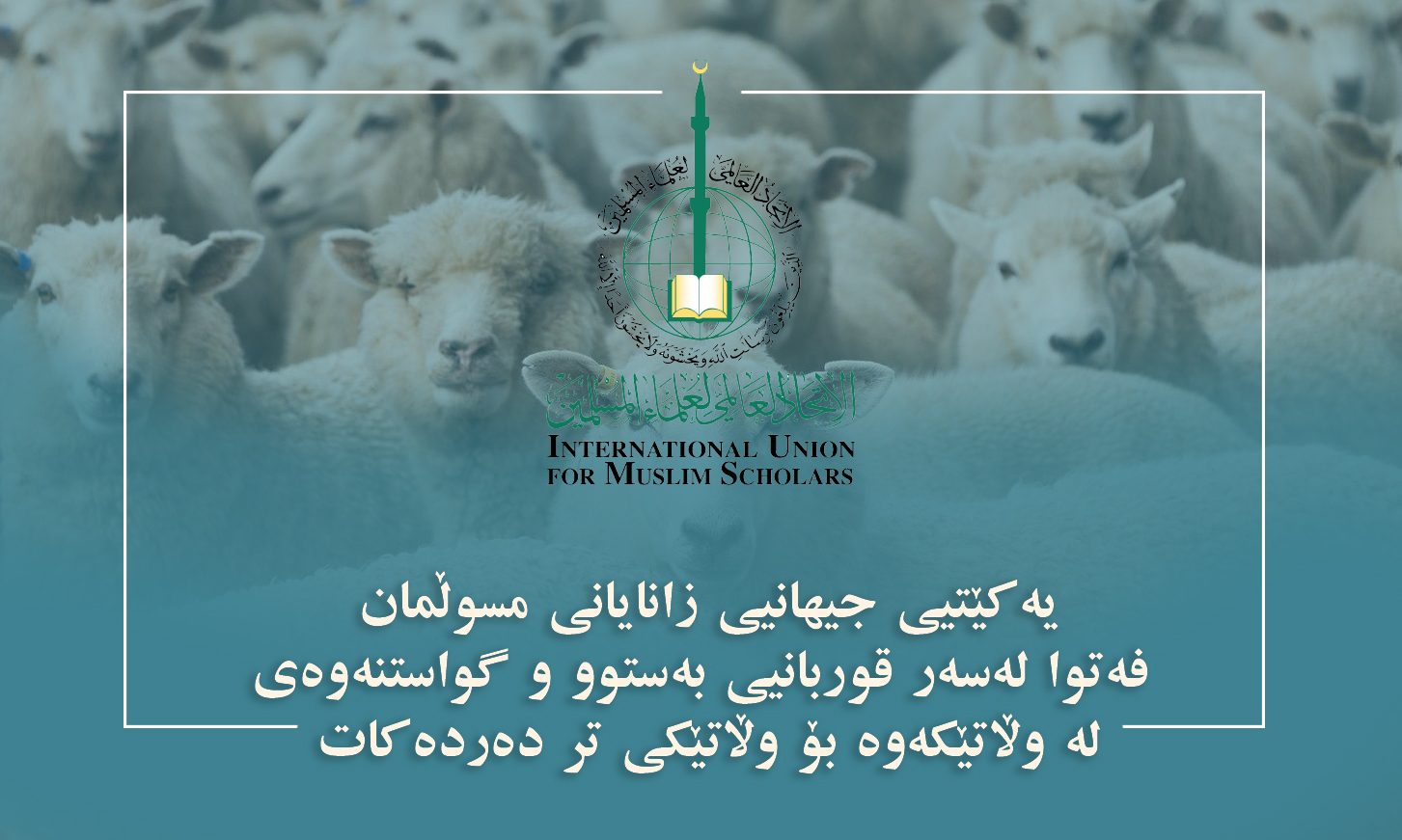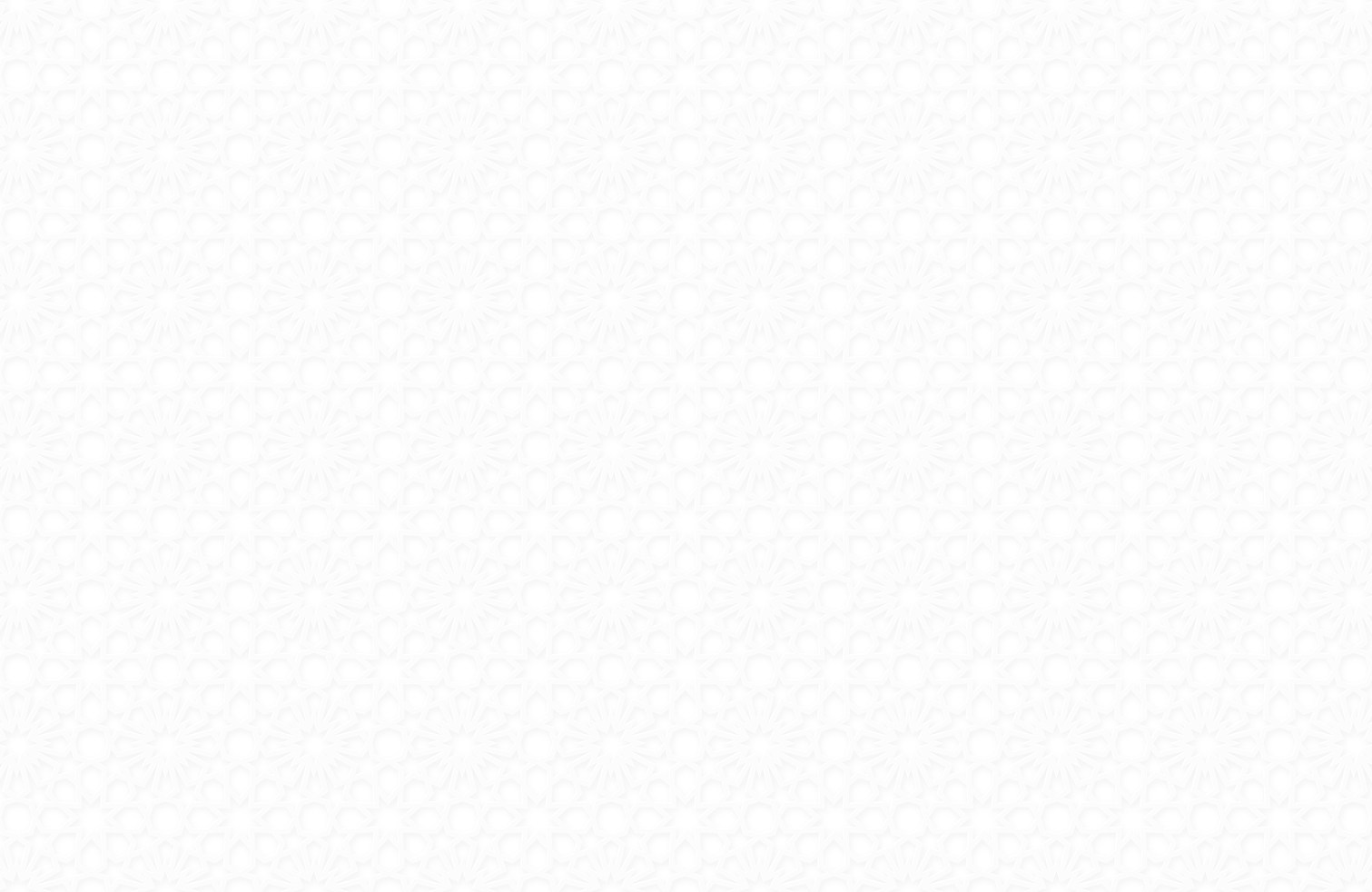Aug 01 2025

Fatwa: Regarding the non-acceptance of 40 days of prayer for an alcohol drinker
A question has come to me regarding the hadith that speaks of the non-acceptance of 40 days of prayer for a person who drinks alcohol, asking whether this hadith is authentic. Are the prayers and fasts of an alcohol drinker not accepted?
First: There is no doubt that alcohol is forbidden (haram) in the Quran, the Sunnah, and by the consensus of scholars. It is considered the foundation of all impure and evil things. Alcohol is a gateway to opening doors to evil, sins, and transgressions. However, it is a sin from which, if the drinker repents, turns back, and does not consume it, they will fall under the ruling of all the sacred verses and noble hadiths which state that repentance concerning the rights of Allah the Almighty erases all sins that came before it. Allah the Almighty says: "And those who do not invoke with Allah another deity or kill the soul which Allah has forbidden [to be killed], except by right, and do not commit unlawful sexual intercourse. And whoever should do that will meet a penalty. Multiplied for him is the punishment on the Day of Resurrection, and he will abide therein humiliated - Except for those who repent, believe, and do righteous work. For them, Allah will replace their evil deeds with good. And ever is Allah Forgiving and Merciful." (Al-Furqan 68-70).
Allah the Almighty says: "Say, 'O My servants who have transgressed against themselves [by sinning], do not despair of the mercy of Allah. Indeed, Allah forgives all sins. Indeed, it is He who is the Forgiving, the Merciful.'" (Az-Zumar: 53). He also says: "Indeed, Allah loves those who are constantly repentant and loves those who purify themselves." (Al-Baqarah: 222).
Allah the Almighty has mentioned that our great father Adam (peace be upon him), whom Allah the Almighty created with His own hand of power and breathed into him from His sacred spirit, still disobeyed Allah the Almighty, and then He accepted his repentance and guided him.
Therefore, the door of repentance is wide open. Repentance leads to forgiveness and divine mercy encompasses it in matters related to the rights of the Lord. However, for the rights of the servants, the repentant person must return those rights to their owners or seek their pardon.
Second: The hadith has been narrated through several chains from Abdullah ibn Amr with this wording: "Whoever drinks alcohol, his prayer will not be accepted for forty nights, and if he drinks it and becomes intoxicated, his prayer will not be accepted for forty nights..." It was narrated by Imam Ahmad (no. 6773), An-Nasa'i (no. 5670), and Ibn Majah (no. 3377).
Hadith scholars differ on the issue of authenticating this hadith. Some, like al-Albani, have attributed its authentication to others, while some have not authenticated it. Bukhari and Muslim did not narrate this hadith, and it is also only an ahad hadith (narrated by a single chain of transmission). Regardless of the hadith's authenticity, its meaning applies in a case where there is no repentance. But if that person repents, Allah the Almighty will accept their repentance, as our beloved Prophet (peace and blessings be upon him) said: "The one who repents from a sin is like one who has no sin." Narrated by Ibn Majah with a good chain (no. 4250).
The scholars have also said: his prayer is sound and valid, but its reward is not fully secured.
Therefore, the acceptance of repentance from transgressors is established and confirmed by a definitive text. Assuming this hadith is authentic, it is still an ahad hadith and cannot be used as evidence against a principle that is established and confirmed by the Quran, the Sunnah, and the consensus of scholars. For this reason, it must be interpreted in a way that is consistent with that aforementioned, unchangeable principle.
Some scholars, regarding the hadith "his prayer of forty days is not accepted," have said it means only that it is not accepted completely and perfectly, not that it is absolutely not accepted.
It can also be interpreted that his prayer is not accepted and is not sound or valid if he prays while intoxicated, even if the intoxication is minor. This is consistent with the words of Allah the Almighty who says: "O you who have believed, do not approach prayer while you are intoxicated until you know what you are saying, nor in a state of janabah, except those passing through [a place of prayer], until you have washed [your whole body]. And if you are ill or on a journey or one of you comes from the place of relieving himself or you have contacted women and find no water, then seek clean earth and wipe over your faces and your hands. Indeed, Allah is ever Pardoning and Forgiving." (An-Nisa: 43).
There is another interpretation here, which is that this evil act (drinking alcohol) must be met with a good deed, which is repentance and returning to Allah the Almighty, by which the sin ceases to exist.
In summary, we say: Scholars have interpreted this hadith as applying to a situation where the alcohol drinker does not repent, or prays while intoxicated. Even in a situation where they do not repent, their prayer—on the condition that they are aware and conscious and not intoxicated—is still sound and valid. However, it is known that in terms of reward, it is not a complete and perfect prayer, as stated by Imam al-Nawawi and others in their commentary on Sahih Muslim (no. 14/227). But, by the will of Allah the Almighty, his prayer will cause him to abandon alcohol and other forbidden things, because prayer is light, a proof, and a connection to Allah the Almighty that prevents one from committing evil and disgraceful acts.
As for fasting, if the person who drinks alcohol gives it up during the month of Ramadan and does not drink, then their fast is valid. And by the will of Allah the Almighty, their fast will cause them to abandon alcohol and other forbidden things.
This is what I have said, and Allah the Almighty knows best.
Written by the servant in need of his Lord's mercy,
Prof. Dr. Ali Qaradaghi
Secretary-General of the International Union of Muslim Scholars
President of the Human Appeal organization
2nd of Ramadan, 1444 AH









